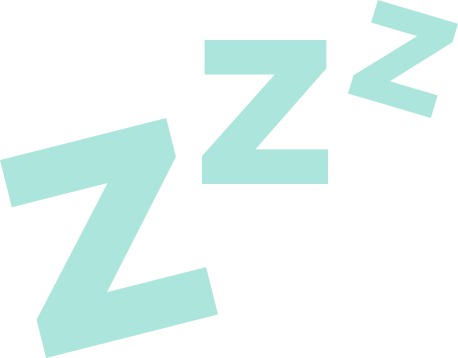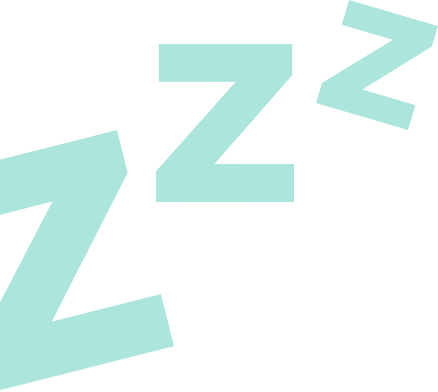Baby Sleep Patterns Between 3 and 6 Months
What will your baby be doing from three months to six – and will they have a sleep regression at four months?
- Learn about the four-month sleep regression
- How long does your baby sleep between three and six months?
- What problems may interrupt my baby’s sleep?
The newborn stage is amazing – but sleep is in very short supply for you and you have had to get to know this tiny and demanding human who cries, needs their nappy changed and vomits. The first three months can be really tough. After that, though, things start to settle down and you begin to understand your baby’s likes and dislikes and to get started on a newly established routine for days and night.
Things Are Going to Get Better Now, Aren’t They? Well – Maybe!
In the very early stages, your baby may have suffered from colic, wind, long periods of crying and other complaints, so you can’t wait for that 12-week stage. Other mums and your Health Visitor may have told you that this is a magical point when things start to get better - and generally it does – but there are a few things to look out for.
Your baby’s immature digestive system will now start to mature and they will be able to hold more milk in their tummies at each feed, to keep it down and to digest it well. They will be better able to bring up wind, with your help, as their muscles develop. This means that wind and colic may now ease and if you’re breastfeeding, you may be able to eat some things that upset your baby before such as citrus and strawberries.
If your baby’s symptoms do not get better, it is possible they are suffering from Reflux or CMPA (cows’ milk protein allergy) –see your GP and be referred to a Paediatrician if you think this may be the case.
It’s now time to start to wean your baby from their sleep props so that they will be able to settle themselves to sleep. If their prop has been you – either breastfeeding or rocking –start putting them in their cot when they are sleepy but not yet asleep. You should carry on talking or singing to your baby and then gently leave the room, still talking. A good monitor is gold dust here. If you can talk to your baby through it, they will still be comforted by your voice, even if you are in another room.

What Is The Four-Month Sleep Regression?
There are things happening in that tiny body. That’s why, even if they have been sleeping well, they may suddenly have a change of sleep patterns at four months. Here’s why:
Eyes: At birth, your baby could see quite dimly and for just a short distance. By four months, their eyes have developed enough to be able to see really well – so they want to keep looking around! That’s why SnoozeShade is ideal if you are out when their nap time is due, as you can remove too much visual stimulation.
Ears: Similarly, their ears now start to hear better and so they can be disturbed by the slightest sound. Especially the sound of you trying to sneak out of the nursery…
Because they share your bedroom for the first six months, you and your baby may actually disturb each other’s sleep patterns as your noises set the other one off. This is because you sync your lighter sleep phases. You can mask these noises by using a white noise machine, which often helps babies sleep better. Wave or womb sounds are also great.
Hands: Hand/eye coordination is getting better. So, your baby tries to grab everything within their reach. This may lead to their trying to grab things at nap and bedtime, so a comforter or favourite toy may keep their hands busy and aid sleep.
Once you have cracked this stage, the next things to interrupt sleep will be things like teething and weaning – but for now, try to ensure your baby gets those great, golden hours of sleep!
Further Reading:
Five Top Tips to Deal With Sleep Regression
Baby Teething? Here's How to Help Them with Sleep Regression
What Temperature Should My Baby’s Room Be?







